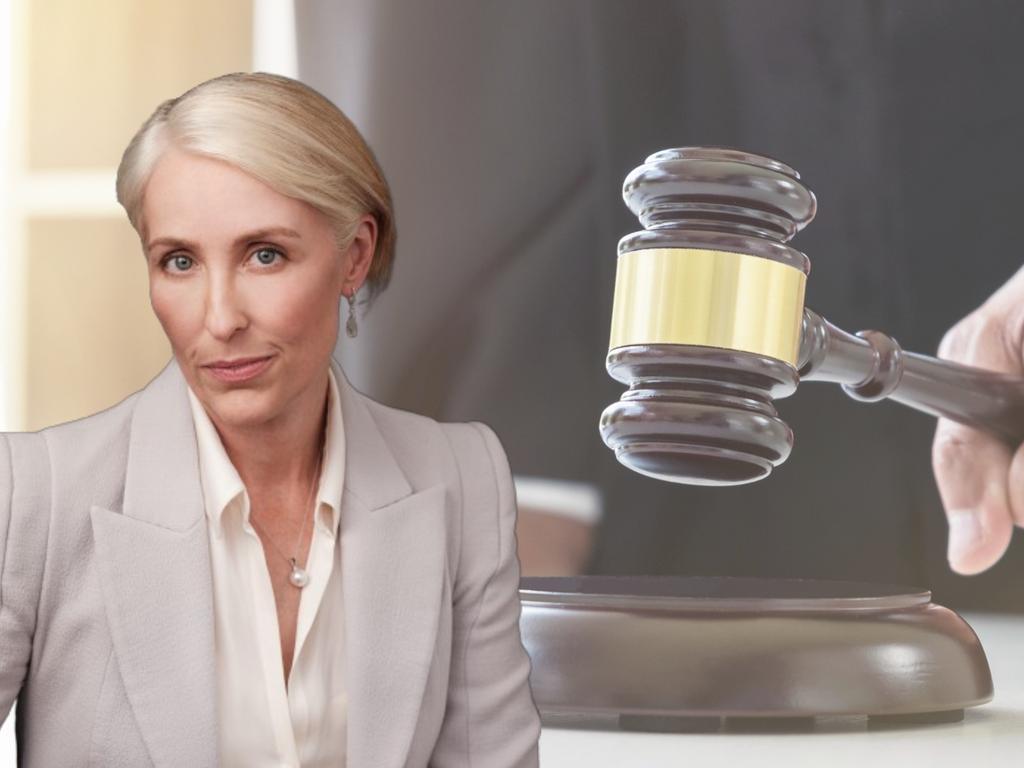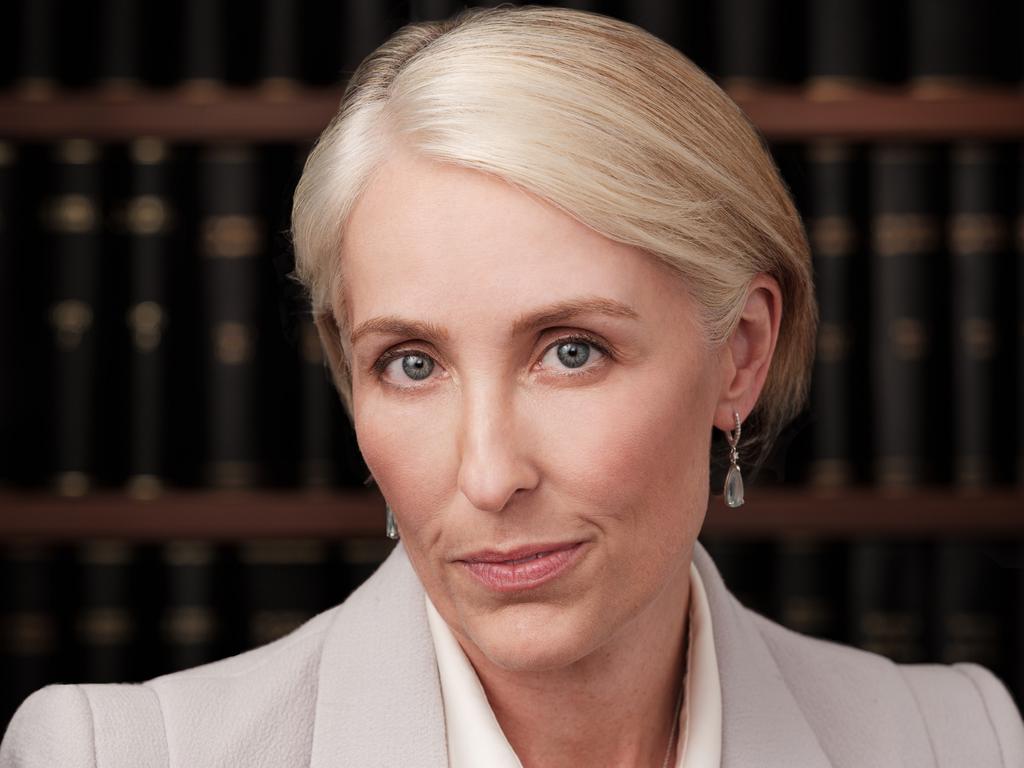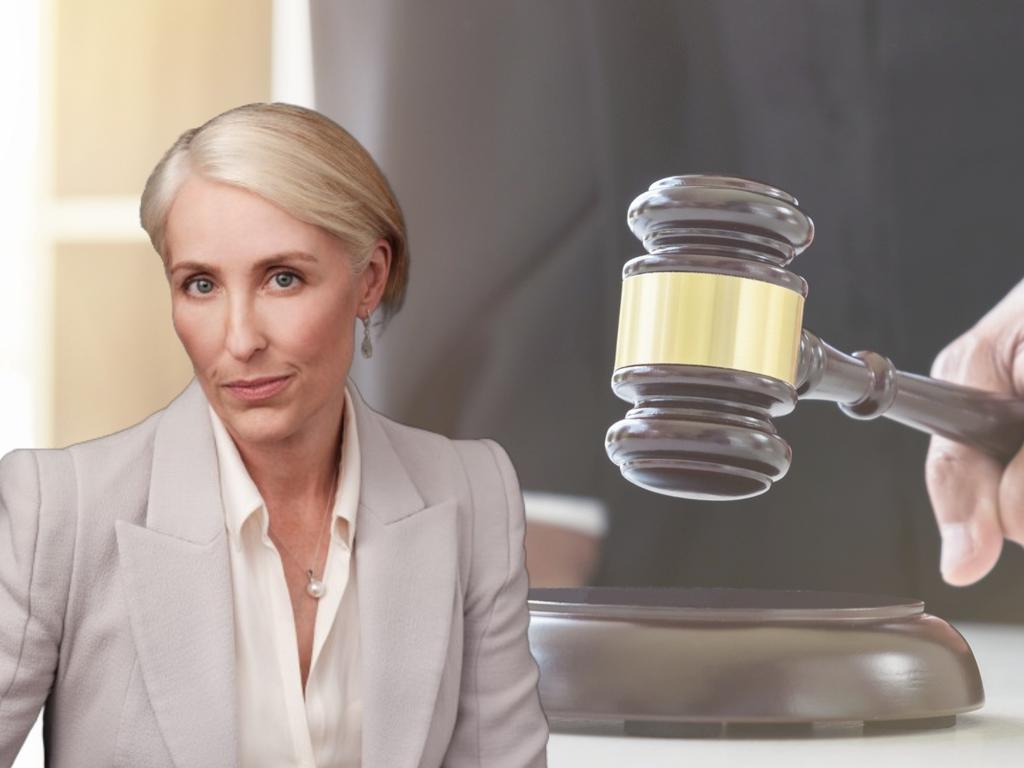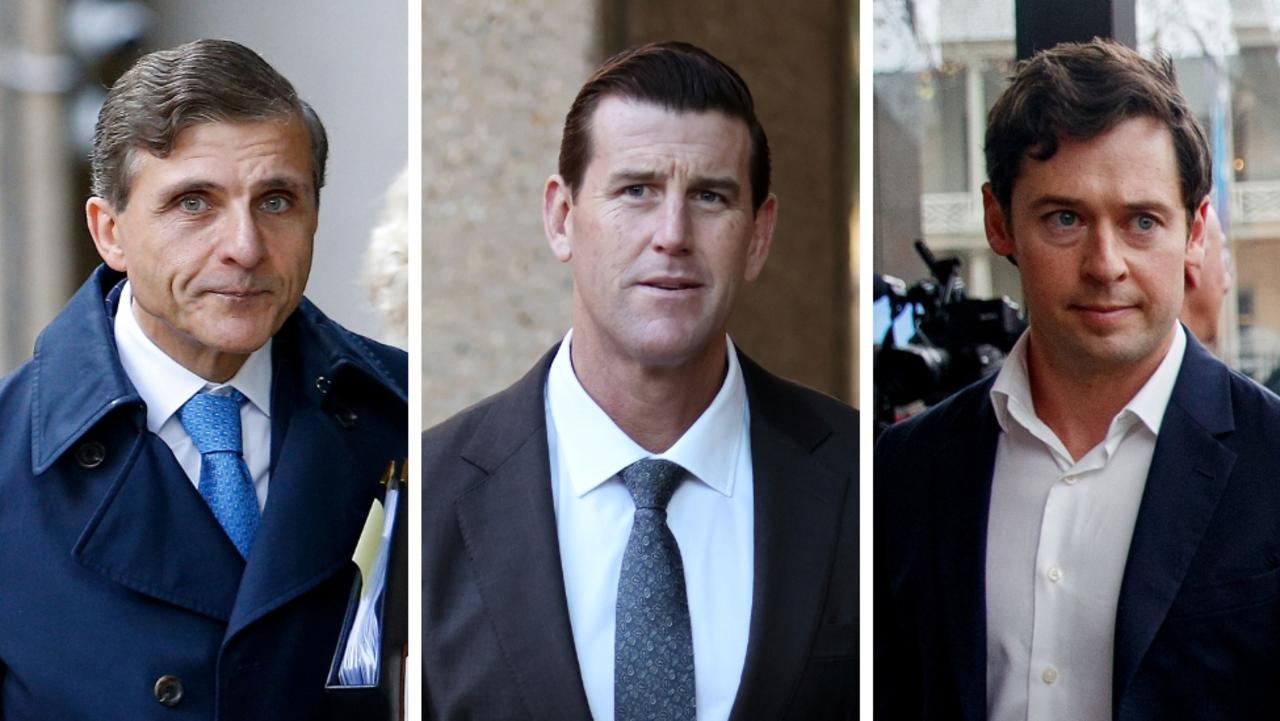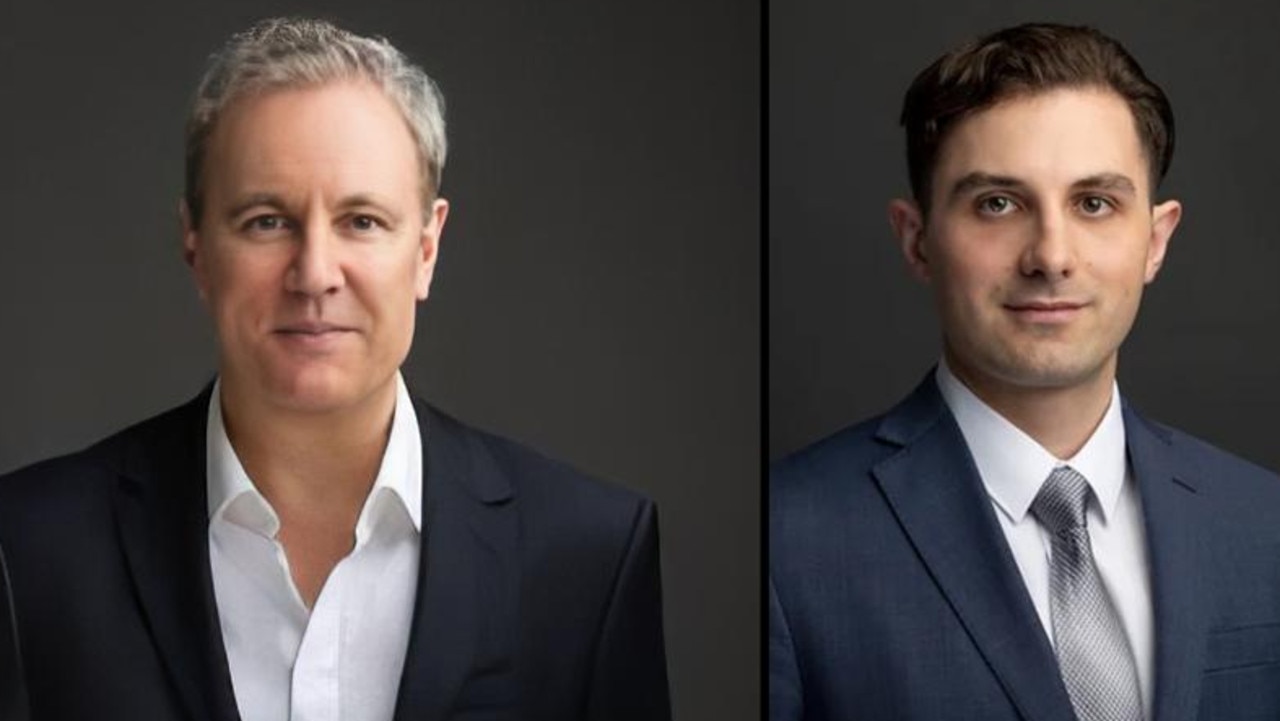Man wrongfully accused of rape moves to sue state amid criticism of NSW DPP
A man who spent eight months in jail for rape and faced a lengthy jury trial despite never committing a crime has sought legal advice over how to sue the state of NSW.

A man who spent eight months in jail for rape and faced a lengthy jury trial despite never committing a crime has sought legal advice on how to sue the state, as calls grow for greater scrutiny of sexual assault prosecutions in NSW.
It comes as Attorney-General Michael Daley refuses to answer specific questions about how rape trials were being run across the state, including whether he believed there were “secret policies” governing how cases were prosecuted.
The spotlight has been shone on so-called “hopeless” rape prosecutions over the past year after five NSW District Court judges criticised the office of chief prosecutor Sally Dowling for bringing various sexual assault cases to court that had no hope of securing a conviction.
A man at the centre of one of those cases, Daniel Martinez, is now seeking compensation after he was imprisoned for eight months following a trial judge Robert Newlinds labelled “lazy and perhaps politically expedient”.
Mr Martinez’s lawyer, Arthur Aguirre, told The Australian: “We have had a number of matters where proceedings went to a jury and verdicts of not guilty were returned which in our view ought not have been prosecuted.
“We believe that better scrutiny ought to be applied to potential prosecutions, though we are mindful of the rigorous principles that dictate prosecutions. It is far from an acceptable situation and a better balance ought be found.”
The complainant had alleged Mr Martinez sexually assaulted her, because she was so drunk she had a blackout and could not remember the events, despite it being clear she had “enthusiastically participated” in sex and consent was obtained every step of the way.
In an application for a costs certificate following the trial, it was revealed the complainant had made five almost identical allegations against other men.
But a much-criticised piece of NSW legislation that fails to provide exceptions to admit tendency evidence relating to prior sexual history largely prevented the jury from knowing about the pattern of accusations. Had the jury known, the accused would have been “acquitted within minutes”, Judge Newlinds said.
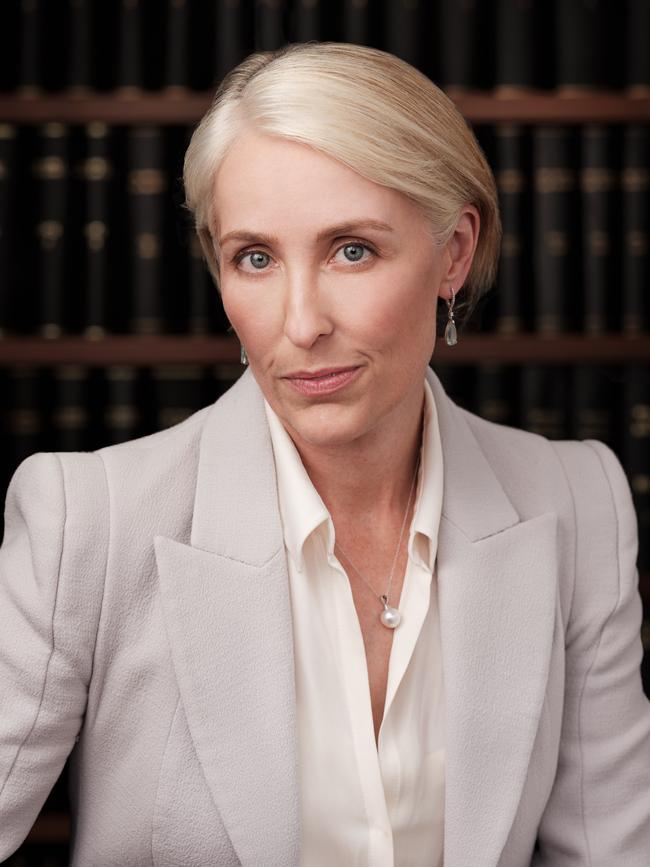

His scathing judgment has been instrumental in exposing concern within the judiciary, criminal lawyers and the Office of the Director of Public Prosecutions itself as to the impact of the MeToo movement on the running of cases, with a pattern emerging in which prosecutors take a reflexive “believe the victim” stance, and prefer to let the jury decide rather than drop baseless cases.
“I think the prosecution took the lazy and perhaps politically expedient course of identifying that the complainant alleged she had been sexually assaulted and without properly considering the question of whether there was any evidence to support that allegation, and just prosecuted so as to let the jury decide,” Judge Newlinds said in the costs judgment. “This must stop. Justice has not been served and will not be served by repeated cases being prosecuted based on obviously flawed evidence.”
Another lawyer who acted for Mr Martinez, Ben Willcox, said changes to the committal process – including that an alleged offender is not entitled to a committal hearing – and new affirmative consent laws had altered the way the ODPP prosecutes cases. “The introduction of the affirmative consent provisions challenge the presumption of innocence,” he said. “This, in my view, has had an impact in terms of how the ODPP approach their assessment of sexual assault allegations and the prosecutorial guidelines for which they are bound.”
The Australian understands Mr Martinez could file several different civil claims, from malicious prosecution, false imprisonment, to assault and battery. Damages for a successful claim could exceed $400,000.
The state could, if unsuccessful in defending the claim in court and unwilling to pay up in pre-hearing negotiation, be up for hundreds of thousands of dollars in combined damages and legal costs.
Ms Dowling made a complaint with the NSW Judicial Commission against Judge Newlinds following his judgment, the outcome of which has yet to be made public. She has since announced an audit of up to 400 sex assault cases in NSW to ensure prosecution guidelines are being complied with.
Mr Daley has refused to answer questions put to him in parliament about whether he would seek to make seek a briefing about the audit, instead saying “the specific details of the review are a matter for the Director of Public Prosecutions”. He also refused to say whether he supported the referral of Judge Newlinds to the judicial commission, saying it is “not appropriate for me to comment on specific matters”.
In respect to questions over whether he supported Judge Newlinds’ views that there are “secret policies” guiding sexual assault prosecutions, Mr Daley said he was advised prosecutors adhere to “the publicly available prosecution guidelines”.



